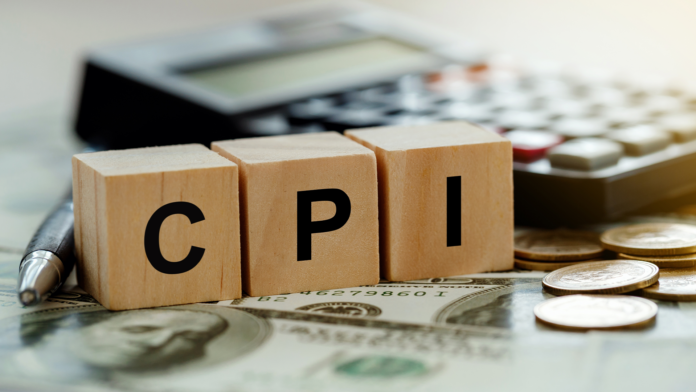U.S. stocks fell on Wednesday as investors analyzed the outcome of a heated debate between U.S. presidential candidates Donald Trump and Kamala Harris and awaited the release of new U.S. inflation data, which could influence the Federal Reserve’s upcoming monetary policy decision.
The benchmark S&P 500 index and the tech-heavy NASDAQ Composite advanced in the last session, marking the first time the averages had posted two consecutive days of gains since mid-August.
However, the 30-stock Dow Jones Industrial Average retreated, and bank stocks fell after JP Morgan Chase (JPM) suggested that analysts’ consensus estimates for its earnings next year might be overly optimistic. Earlier this week, Goldman Sachs CEO David Solomon also mentioned that the investment bank’s trading revenue would decline by 10% in the current quarter.
Trump-Harris Debate Yields Few Political Details
Republican presidential candidate Donald Trump and his opponent, Democrat Kamala Harris, engaged in a heated debate on Tuesday, discussing topics including immigration and the economy.
Ahead of the much-anticipated debate, which came at a time when Trump and Harris were tied in national polls, investors were left with few details on how each candidate would address critical issues such as tariffs, taxes, and regulation.
During his time on the campaign trail, Trump had promised to drastically cut corporate taxes and take a stronger stance on tariffs. Harris, by contrast, had promised to increase corporate taxes. Analysts predicted that while Trump’s plan could tax corporate profits, it might also fuel inflation. They also indicated that Harris’ proposal could instead undercut corporate profits.
On the debate stage, Harris questioned Trump’s policy of imposing high tariffs on goods from abroad, arguing that it would effectively tax the middle class. Trump defended his stance, asserting it would not lead to higher prices for Americans, and criticized Harris for overseeing a period of high inflation during Biden’s tenure.
However, analysts at TD Cowen argued that this was “not a debate about economics.”
“There were no substantive discussions on key economic issues, including whether the White House should influence interest rates or how tariffs might affect inflation and economic growth,” the analysts stated in a client note.
Betting favored Harris right after the debate ended, with the odds of the vice president winning the vote rising to 56% from 53% before the event, according to data from the online forecasting marketplace PredictIt, cited by Reuters.
Inflation in Focus
Markets are preparing to analyze the latest U.S. Consumer Price Index (CPI), a key measure of inflation.
The figures come as traders expect the Federal Reserve to raise borrowing costs to between 5.25% and 5.5%, the highest level in almost 23 years, at its next two-day meeting on September 17-18. However, uncertainty surrounds the extent of the potential rate cut.
Ahead of the inflation data release, markets currently give a 67% chance of a quarter-point cut and a 33% chance of a half-point reduction, according to CME’s FedWatch tool.
On a month-on-month basis, overall U.S. consumer price growth in August is expected to match July’s rate of 0.2%. On a year-on-year basis, the figure would decelerate to 2.5% from 2.9%.
Core consumer prices, excluding more volatile items like food and gasoline, are expected at 0.2% month-over-month (m-o-m) and 3.2% year-over-year (y-o-y), both in line with July.
Oil Rises on Supply Concerns
Oil prices rose in European trading on Wednesday as traders waited to assess the impact of Hurricane Francine on production in the Gulf of Mexico.
Prices were also supported by industry data, which revealed an unexpected weekly drawdown in U.S. oil inventories.
However, oil markets recovered from Tuesday’s heavy losses, triggered by disappointing Chinese import data and a downward revision in demand forecasts from the Organization of the Petroleum Exporting Countries.



